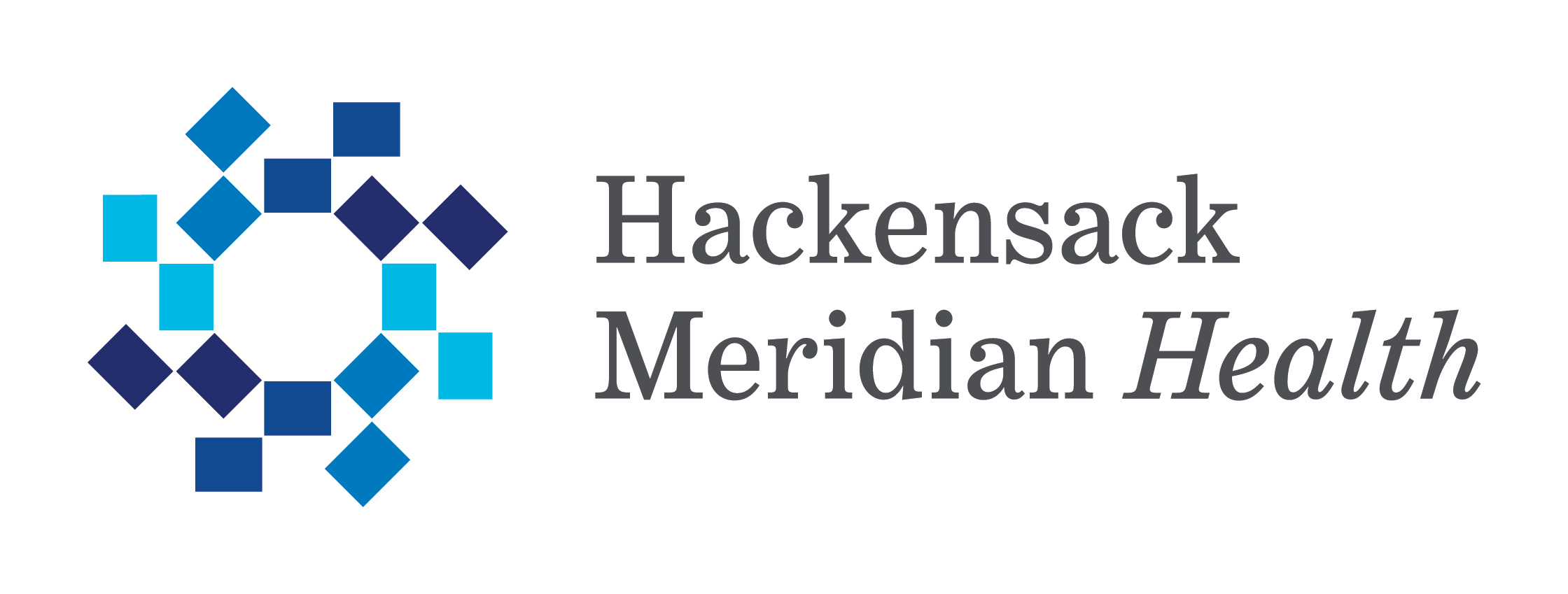The cardiovascular team at Hackensack Meridian Jersey Shore University Medical Center recently implanted New Jersey’s first dual-chamber leadless pacemaker systems in patients, as part of Abbott’s AveirTM DR i2i clinical study.
People who experience a slower-than-normal heart rate may receive a pacemaker; a small battery-powered device implanted in the chest that delivers electrical impulses via thin insulated wires, called cardiac leads. The leads cause the heart muscle chambers to contract to help restore a normal heart rhythm. Unlike traditional pacemakers, leadless pacemakers are implanted directly into the heart through a minimally invasive catheter-based procedure and eliminate the need for cardiac leads. Nearly two million Americans have a pacemaker implantation.
Electrophysiologist Mark Mascarenhas, M.D., implanted the first dual-chamber leadless pacemakers at Jersey Shore University Medical Center. “Providing this new system is a landmark moment for people requiring assistance to maintain a healthy heart rhythm,” said Dr. Mascarenhas. Leadless pacing options have been limited to single-chamber devices until now since synchronization of two leadless pacemakers has been highly difficult to achieve.
Medical device company Abbott designed their i2i technology to provide beat-by-beat communication between two leadless pacemakers, one positioned in the right ventricle and one positioned in the right atrium of the heart. This technology is designed to regulate the heart rate synchronously between chambers allowing for dual-chamber leadless pacing.
“This is incredibly significant as nearly 80 percent of people who receive a pacemaker need a dual-chamber option to pace both chambers on the right side of the heart, “ said Dr. Mascarenhas. “While leadless pacemakers work like traditional pacemakers to regulate heart rate, they offer reduced lead-related complications and a less restrictive recovery period due to the minimally invasive implant procedure. This technology is a great enhancement in what we can provide to our patients with abnormal heart rhythms.”
For more than 10 years, Jersey Shore University Medical Center has been a leader in New Jersey in performing diagnostic and interventional cardiac procedures. “Providing this type of innovative pacemaking technology is in line with our mission to provide the best care, advanced healthcare technology and medical expertise to all our patients,” said Vito Buccellato, MPA, LNHA, president and chief hospital executive, Jersey Shore University Medical Center.
In 2021, the academic medical center launched a $45 million, invasive cardiovascular expansion project. “We are creating a centralized, convenient space to improve the experiences of our patients and their loved ones and providing our cardiovascular experts with leading-edge tools to enhance care,” said Kenneth N. Sable, M.D., MBA, FACEP, regional president, Southern Market, Hackensack Meridian Health.
